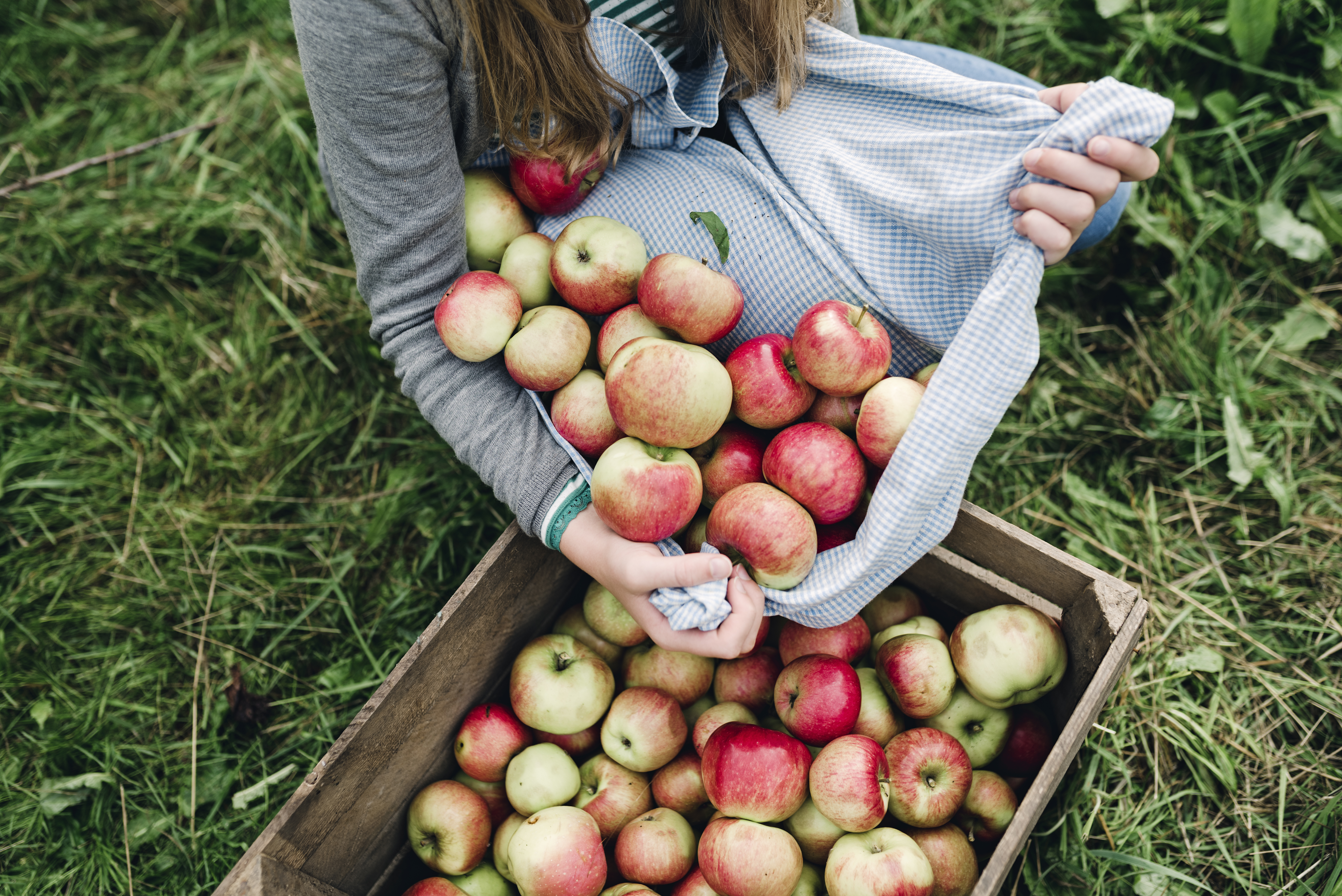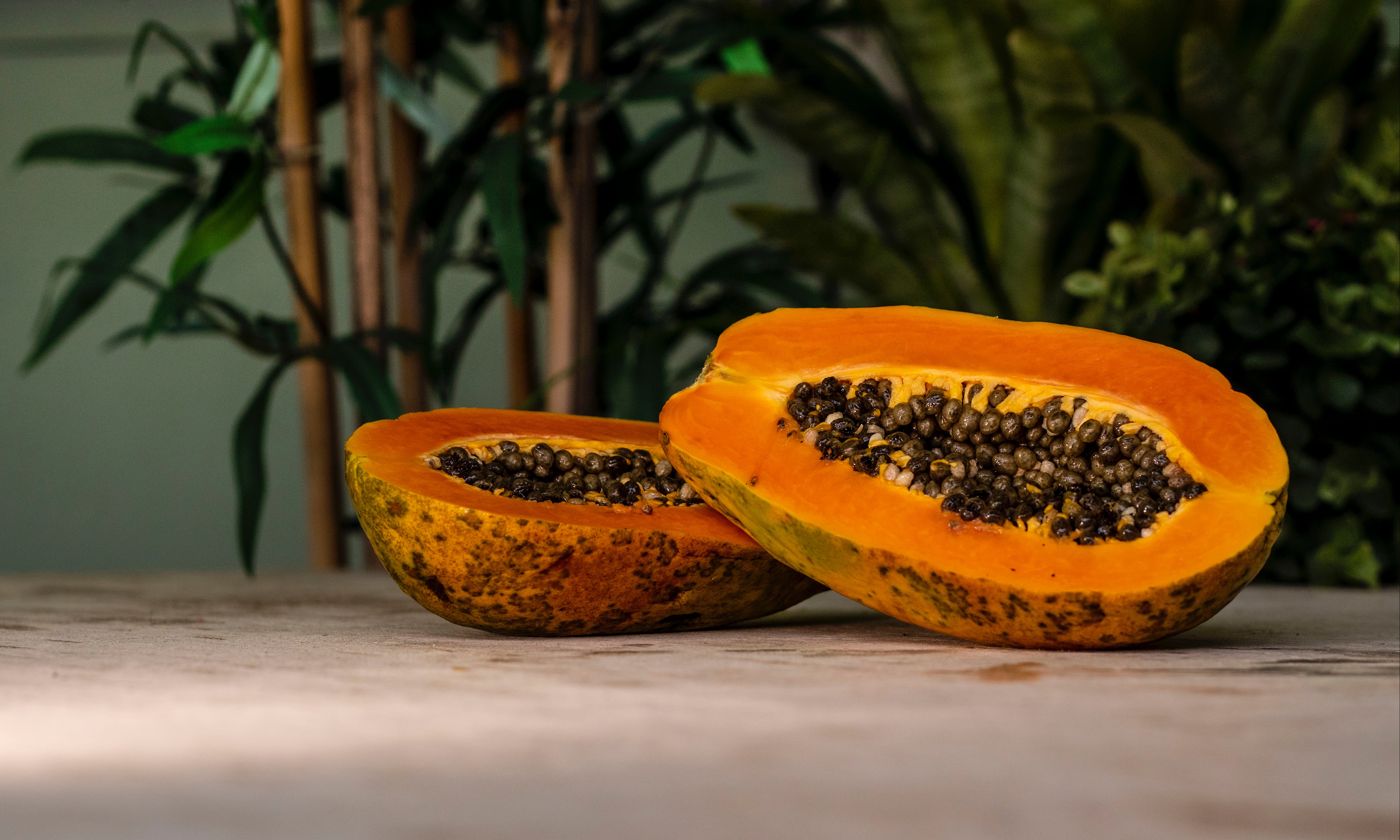
Fruits are a great addition to a weight loss diet because they are generally low in calories and high in fiber, which can help you feel full and satisfied. However, it's important to remember that no single fruit will magically help you lose weight.
Weight loss is achieved through a combination of a healthy diet, regular physical activity, and lifestyle choices. The fiber content in fruits is particularly important, as it can slow down digestion, promote feelings of fullness, aid weight loss and reduce overall calorie intake by curbing hunger and preventing mindless snacking.
Fruits are a healthier alternative to many high-calorie, sugary snacks and desserts. Their natural sweetness can satisfy your sweet tooth while providing vitamins and minerals that are often lacking in processed, calorie-dense foods.
Additionally, the antioxidants found in fruits can support overall health and well-being, which is crucial during a weight loss journey. They help protect your body's cells from damage and inflammation, potentially improving your metabolic health.
Fruits offer a variety of options, flavors, and textures, making it easier to adhere to a balanced and enjoyable diet. Including a colorful array of fruits in your meals can make your diet more appealing, potentially reducing cravings for less nutritious options.
Eating fruits can offer several benefits for weight loss:
Low in Calories:
Most fruits are naturally low in calories, which means you can consume a satisfying amount of fruit without taking in excessive calories. This can help you create a calorie deficit, which is essential for weight loss.
High in Fiber:
Fruits are rich in dietary fiber, which can help you feel full and satisfied. Fiber slows down digestion, which can prevent rapid spikes and crashes in blood sugar levels, reducing cravings and the urge to snack between meals.
Nutrient-Dense:
Fruits are packed with essential vitamins, minerals, and antioxidants. They provide your body with the nutrients it needs to function optimally while you're reducing your calorie intake, ensuring you get the vitamins and minerals necessary for overall health.
Natural Sugars:
While fruits contain natural sugars, they are not the same as added sugars found in processed foods. The natural sugars in fruits come with fiber and other nutrients, which can help stabilize blood sugar levels and prevent the energy crashes associated with refined sugar consumption.
Hydration:
Many fruits have a high water content, which can help keep you hydrated. Proper hydration is essential for healthy weight and for overall health and can also aid in controlling appetite.
Reduced Risk of Chronic Diseases:
A diet rich in fruits has been associated with a lower risk of chronic diseases such as heart disease, stroke, and certain types of cancer. When you're on a weight loss journey, it's important to focus on not just losing weight but also improving your overall health.
Versatility:
Fruits are versatile and can be incorporated into a wide variety of dishes. You can eat them fresh, add them to smoothies, salads, or yogurt, or even use them as a natural sweetener in recipes. Their versatility makes it easier to enjoy a balanced and satisfying diet.
Healthy Snacking:
Fruits make for excellent, nutritious snacks that can help you curb your hunger between meals without resorting to high-calorie, low-nutrient options.
Those are some of the health benefits of eating fruit while trying to lose weight.
Here are some of the best fruits for weight loss
Berries (e.g., strawberries, blueberries, raspberries):

Berries are low in calories and high in antioxidants and fiber, which can help control appetite and reduce cravings. A cup of strawberries contains only around 50 calories but provides a significant dose of vitamins, minerals, and antioxidants.
This low-calorie density makes berries a great option for snacking or adding to meals without significantly increasing your overall calorie intake, helping you maintain a calorie deficit needed for weight loss. Soluble fiber also has the added benefit of slowing down digestion and stabilizing blood sugar levels, preventing energy crashes and cravings that can derail weight and body fat loss efforts.
The antioxidants in berries, such as anthocyanins, have been linked to improved metabolic health and may aid in the body's ability to burn fat. Incorporating berries into your diet can be a delicious and nutritious way to support your weight loss goals.
Apples:

Apples are also high in fiber and can help keep you feeling full. Eating an apple before a meal may help you consume fewer calories overall. An average medium-sized apple containing around 95 calories, makes them a satisfying snack or addition to a meal that won't significantly contribute to your daily calorie intake. This can help you maintain a calorie deficit necessary for healthy weight loss too.
Pectin is a fiber that is crucial for weight loss because it helps control appetite and keeps you feeling full for longer periods. It slows down digestion, stabilizing blood sugar levels and reducing the likelihood of sudden hunger pangs or unhealthy cravings.
The combination of low calorie content and high fiber intake makes apples an effective tool for managing portion control and reducing overall calorie consumption, two key components of successful weight loss.
Pears:

Pears are another fruit rich in fiber, which can aid in digestion and promote feelings of fullness. The fiber is primarily found in the skin of the pear and in the flesh.
Pears provide a naturally sweet and satisfying flavor without a high calorie count. Incorporating pears into a balanced diet, along with regular physical activity, can support your weight loss goals and overall health.
Citrus fruits (e.g., oranges, grapefruits, lemons):

Citrus fruits are low in calories and provide a good dose of vitamin C. Some studies suggest that compounds in grapefruit may have a positive impact on weight loss. They are generally high in water content, making them a satisfying and hydrating choice for those looking to shed pounds. The high water content helps to fill you up, reducing the likelihood of overeating.
Watermelon:

Watermelon is low in calories and has a high water content, which can help you stay hydrated and feel full. Watermelons are a good source of vitamins and minerals, including vitamin C and potassium. These nutrients are important for overall health and can support your body's functions during weight loss.
Also, watermelons have an exceptionally high water content, typically around 90%. which can help you stay hydrated.
Kiwi:

Kiwi is a nutrient-dense fruit that's low in calories and high in vitamin C and fiber. Despite being small in size, kiwis are packed with essential vitamins and minerals, including vitamin C, vitamin K, vitamin E, and potassium. These nutrients play crucial roles in various bodily functions, such as immune system support and maintaining healthy blood pressure.
Also, kiwis are a satisfying and naturally sweet fruit that can help curb sugar cravings, which can be a common hurdle for individuals trying to lose weight. Their sweet and tangy flavor can be a healthier alternative to sugary snacks or desserts, helping you stick to your calorie goals and reduce overall sugar consumption.
Papaya:

Papaya is also low in calories, high in water content, and high in vitamins and minerals. A key component in papayas is papain, an enzyme found in papayas that aids in digestion. Improved digestion can help your body efficiently process and utilize nutrients from other foods. Papayas are rich in vitamin C, which supports your immune system and overall health, ensuring you feel your best during your weight loss journey
Guava:

Guava is rich in fiber, vitamin C, and other essential nutrients. Guavas are a good source of dietary minerals such as potassium and magnesium. These minerals are vital for muscle function and can aid in maintaining and building lean muscle mass.
Having a less body weight and higher proportion of lean muscle can increase your resting metabolic rate, meaning you burn more calories even when at rest. The satiety factor of guavas can be attributed to their complex carbohydrates, which provide a steady source of energy, helping to control hunger and prevent energy crashes, potentially making them a helpful addition to a weight loss diet.
Avocado:

Although technically a fruit, avocados are higher in healthy fats than most fruits. Avocados are a standout choice for weight loss due to their healthy fat content. They are rich in monounsaturated fats, particularly oleic acid, which has been shown to have several weight loss benefits.
They also contribute to improved insulin sensitivity, potentially reducing the risk of blood sugar spikes and crashes that can lead to overeating. Furthermore, these fats are crucial for the absorption of fat-soluble vitamins (A, D, E, and K), which are essential for overall health and can support your weight loss efforts.
Remember, while these fruits can certainly be your companions on your weight loss journey, the true path to success lies in a balanced diet, regular physical activity, and a commitment to making sustainable lifestyle changes. So, go ahead, embrace the delicious world of these best fruits for weight loss, but don't forget to pair them with a holistic approach to wellness for lasting results. Here's to a healthier, happier you!
